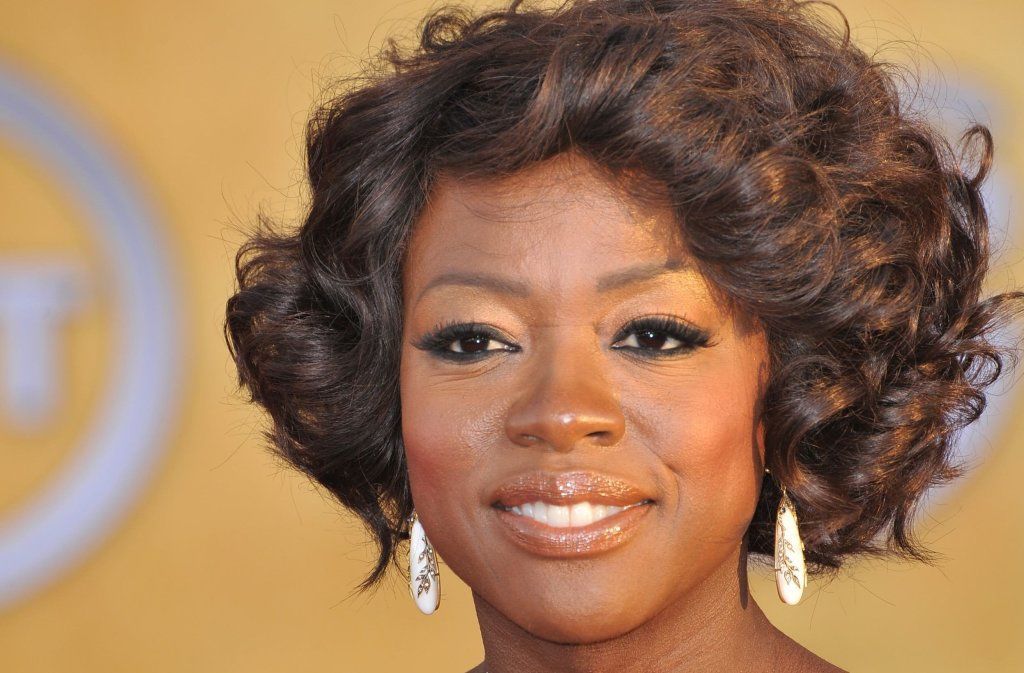The 67th Emmy Awards proved that television is making strides to better represent the diversity in today’s society.
During his opening monologue, host Andy Samberg pointed out that this year’s Emmys were the most diverse ever. “The big story this year, of course, is diversity. This is the most diverse group of nominees in Emmy history. So congratulations, Hollywood, you did it.” He jokingly added, “Yeah. Racism is over – don’t fact-check that.”
There were 28 African Americans among the night’s nominees, including major categories such as Lead Actor in a Comedy Series, Lead Actress in a Drama Series and Outstanding Made for Television Movie.
Black talent took home the statue for Lead Actress in a Drama Series (Viola Davis for How to Get Away with Murder), Outstanding Guest Actor in a Drama Series (Reg. E. Cathey for House of Cards), Outstanding Supporting Actress in a Drama Series (Uzu Aduba for Orange is the New Black), Outstanding Supporting Actress in a Miniseries or Movie (Regina King for American Crime) and Outstanding Made for Television Movie (Bessie, executive producer Queen Latifah).
Viola Davis made history with her win, and gave a moving speech that called for more roles for black women on television.
“The only thing that separates women of color from anyone else is opportunity,” she said. “You cannot win an Emmy for roles that are simply not there.”
She went on to thank How to Get Away with Murder creator Peter Nowalk and executive producer Shonda Rhimes, referring to them as “people who have redefined what it means to be beautiful, to be sexy, to be a leading woman, to be black.”
Taraji P. Henson was also nominated for the lead actress Emmy for her role as Cookie on the popular Empire. This is the first year two black actresses were nominated in that category. Henson graciously gave Davis a standing ovation.
Uzo Aduba also made history with her emotional win. Due to a reorganization of classifications, she is now the first actress of any race to win for the same role in both Drama and Comedy categories.
Davis began her speech quoting civil rights pioneer Harriet Tubman from the 1800s. “In my mind, I see a line. And over that line I see green fields and lovely flowers and beautiful white women with their arms stretched out to me over that line. But I can’t seem to get there no how. I can’t seem to get over that line,” she said.
She closed by thanking “the Taraji P. Hensons, the Kerry Washingtons, the Halle Berrys, the Nicole Beharies, the Meagan Goods, to Gabrielle Union…for taking us over that line.”
There’s still a long way to go, but the face of television is definitely changing.
